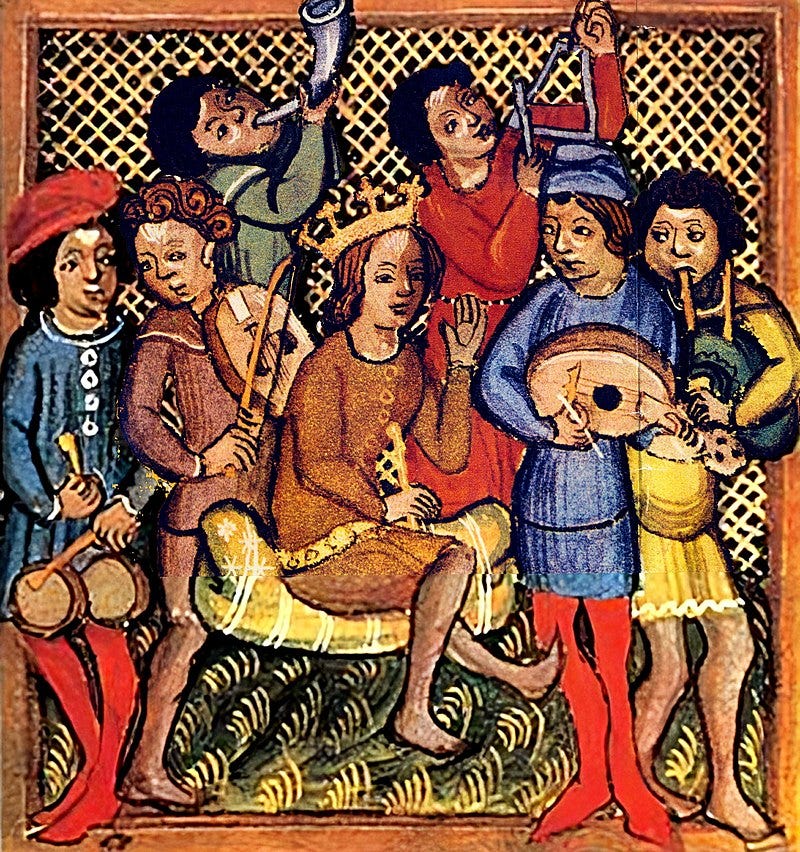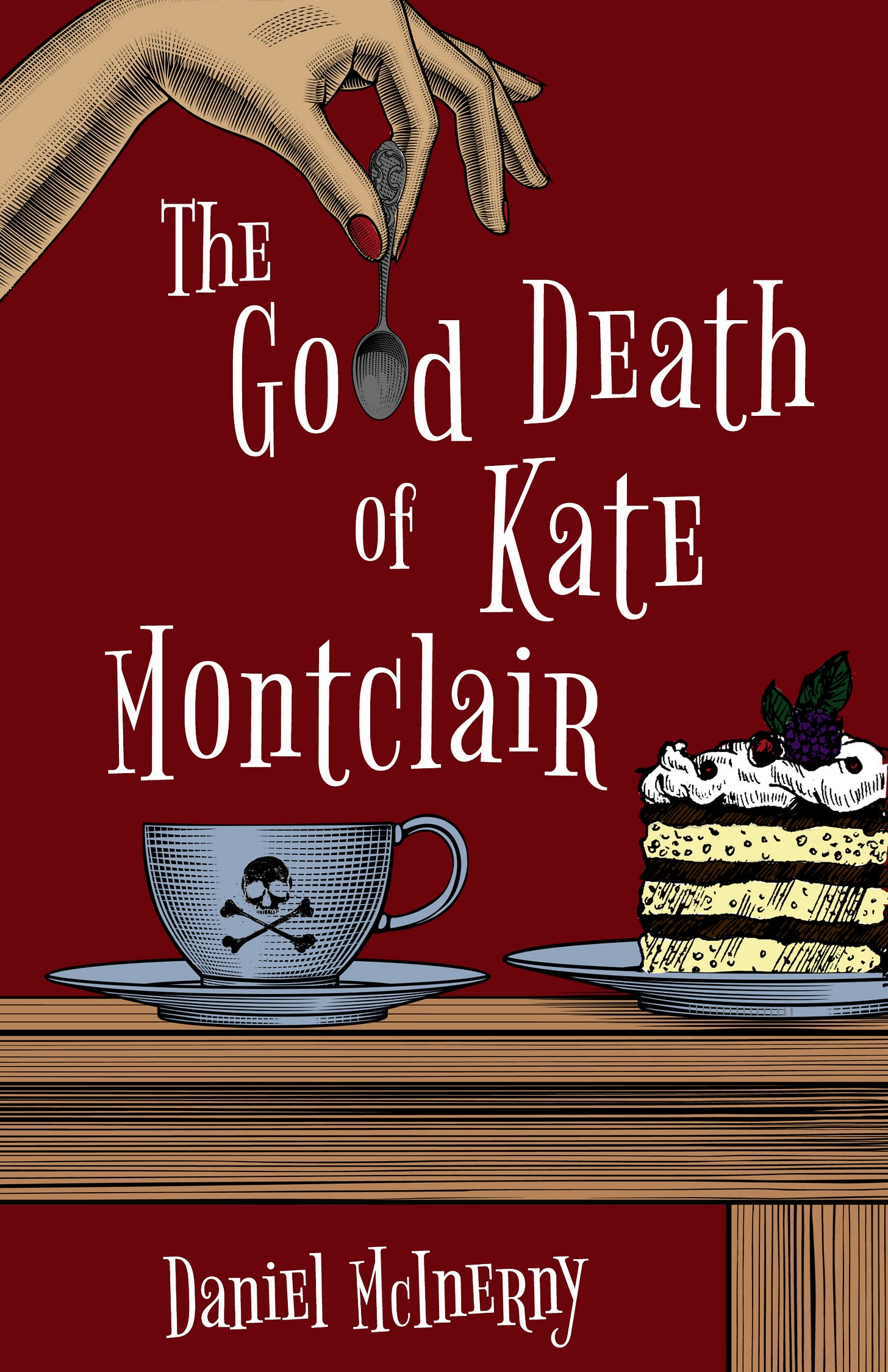TAKE THE QUIZ!
A Rapid Fire Assessment of Your Metaphysical Profile
Not sure whether you want to enroll in STARVING ARTISTS 101, A Workshop for Ontologically Impoverished Creatives?
Wondering whether you are ontologically impoverished enough to benefit from it?
The following short quiz may help you to decide.[1]
THE QUIZ BEGINS HERE…
It has been said that, especially when it comes to the visual arts, we live in an age of “anything goes.” If you make something and want to call it art, then it’s art. Who is there to stop you?
QUESTION: Why have the visual arts, and perhaps other arts, too, come to this pretty pass?
1. Because art is all about free expression, and the longer art goes on, the freer it becomes. It stands to reason that we’d finally get to a point where art is whatever someone freely expresses.
2. Because the world of the visual arts is a world of cultural elites who, in order to maintain their elite status, have to keep creating works that are unintelligible to the general populace and often offensive to popular mores, so as to lay claim to the gnostic wisdom and rebellious spirit that defines them as elites.
3. Because art in the 21st century suffers from the same calamity that every other major cultural value—religion, morality, education, the family, politics—suffers from, i.e., a loss of being, indeed a rejection of any dimension of reality that transcends the sense needs of the organism, a crippling submission of human endeavor to the algorithmic demands of our technopoly. Even more pitifully, in such an environment human beings must suffer the bewilderment of not knowing who they are as human beings, as there is no measure of human effort other than that of the desires and preferences and creative noodlings of the organism. Thus, in art as in life, anything goes.
CIRCLE THE NUMBER OF YOUR PREFERRED ANSWER
In 1922 T.S. Eliot published his poem, “The Waste Land,” arguably the most famous, as well as most infamous, poem of the 20th century. (At Eliot’s memorial service, Groucho Marx quipped that it was the greatest poem ever written about American television.)
QUESTION: Over 100 years later, poetry in western societies is still being written and published—doubtless more poetry than has ever been produced at any one time on the planet. How can this be, assuming that Eliot was right that we live in “the waste land”? How does a culture produce so much poetry 100 years after the culture has been declared a “waste land”?
1. Eliot was a snob who looked down on the masses and mass culture. What he called “waste land” was just another man’s “free society.” We do best to forget him.
2. Poetry is still written today because human beings will always have a need to give voice to their feelings, dreams, and memories. Eliot wrote his poem simply to express how he felt about things—he himself called “The Waste Land” a “piece of rhythmical grumbling”—and poets today endeavor to do the same thing.
3. What Eliot called “waste land” was the rubble of modernity—that rationalistic, hedonistic, and gleefully technological world animated by progressive values that was the dark shadow of Christendom in the West, a world that came into being in roughly the 16th century and was ultimately swept into the dustbin by World War I. To live in “waste land” is thus to be a self without a world, without a cultural structure, without any sense of a reality not reducible to matter, and thus to be a self without a sense of self. Genuine poetry in such a world is the voice of the person trapped in the rubble crying for help. Yet it’s no surprise that much other poetry is written. The trapped person needs a soothing pastime to block out the horror.
CIRCLE THE NUMBER OF YOUR PREFERRED ANSWER
Once upon a time, art was situated within festivals, particularly religious festivals. Ancient Athenians, for example, rose before dawn to watch the tragedies and comedies that celebrated the wine-god Dionysos (Bacchus to the Romans). Most, if not all, of the Renaissance art we revere today was made for churches, monasteries, and private chapels.
QUESTION: Why don’t we celebrate art within festivals, religious or otherwise, today?
1. The question is willfully obtuse. We have rock festivals, film festivals, fringe festivals, fashion weeks, art fairs and biennales, book fairs and poetry slams. The association of art with festivity is the same as it ever was.
2. To be sure, with the attenuation in the West of organized religion, not to mention the waning of the patronage system, art was forced to seek out other, more secular, forms of festivity. But this it has done, and quite successfully. The Glastonbury Festival of Contemporary Performing Arts is just one example of art resituated within a more progressive sense of festival.
3. According to the philosopher Josef Pieper, festivity in its original sense is praise of Creation and its Creator.[2] Festivity is affirmation, an Amen or yes-saying, to all that is and to the goodness of all that is, in light of what is supremely Good. Without this transcendent focus, festivity becomes banal bacchanalia, or “partying.” Curiously, the banal secular festival still showcases art. But this is spurious art within spurious festival: mere “selfies” of expressive individualism.
CIRCLE THE NUMBER OF YOUR PREFERRED ANSWER
Now, total up the numbers you circled in order to determine your points on the quiz.
If you earned 9 points, you probably don’t need this workshop. All others should sign up straight away.
And, so as not to miss one session of the workshop, be sure to treat yourself to a paid subscription to The Comic Muse, as most sessions will take place behind the paywall.
[1] This short quiz is inspired by the preliminary short quiz found in Walker Percy, Lost in the Cosmos: The Last Self-Help Book (New York: Farrar, Straus & Giroux, 1983).
[2] Josef Pieper, In Tune with the World: A Theory of Festivity (South Bend, IN: St. Augustine’s Press, 1999), especially Chapter VI.
If you’re looking for your next great read, one that, in the words of one reviewer, will grip you until the very last sentence, I hope you will consider my novel, The Good Death of Kate Montclair.
Here are two of the latest 5-Star Amazon reviews…
The story is masterfully done. Kate's fictional autobiography begins with a reluctant editor whose role is nearly as important as the book's subject. Back and forth we go between the cast in their youth and the cast at present. Obviously it touches on death, cancer specifically, and could be triggering to some people whose families are struggling here. Still, I would recommend this book to anyone, since death comes for us all.
Great story, five stars.
I don't know how to put this... the ending is so touching; I can't write a review without a threatening ugly cry on my keyboard. I've recommended to all my friends, whilst crying apologetically, and have been doing so for three days now.
—Matthew Devine
I never write book reviews on Amazon, but I loved this book so much that I’m going to. Absolutely brilliant, gripping tale down to the very last sentence. I am in awe of the author’s ability to culminate such a story so beautifully. I will be chewing on this book for quite awhile, but this might be my favorite 21st century novel. A fast and easy read without compromising depth. Highly recommend!
—Meghan Suchomski




Am enjoying The Good Death while wintering here in sunny Belize...Ed Peitler